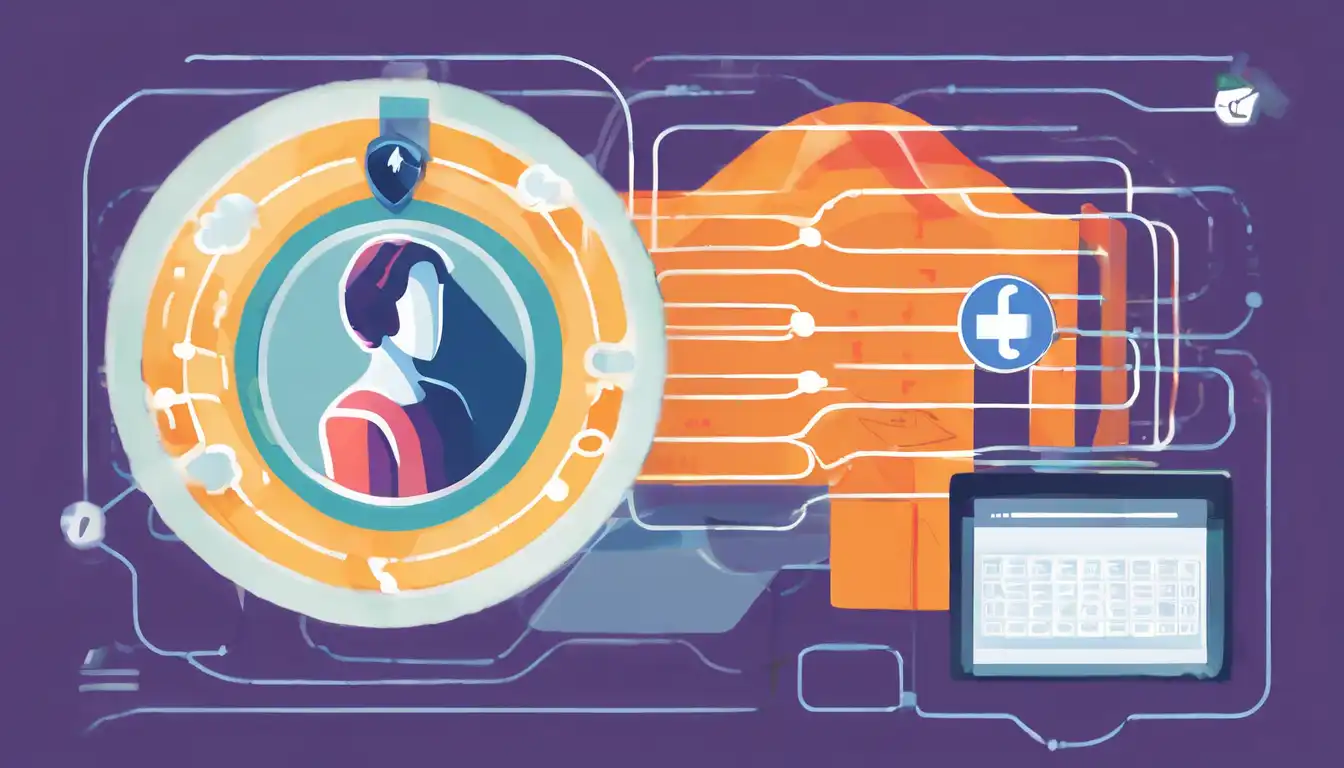Why VPNs Are Crucial for Online Privacy
In today's digital age, maintaining online privacy has become more challenging yet more critical than ever. Virtual Private Networks (VPNs) offer a robust solution to protect your internet activities from prying eyes. This guide delves into the importance of VPNs and how they safeguard your online privacy.
What Is a VPN?
A VPN is a technology that creates a secure, encrypted connection over a less secure network, such as the internet. It masks your IP address, making your online actions virtually untraceable. This is essential for protecting sensitive data from hackers, especially when using public Wi-Fi networks.
Benefits of Using a VPN
- Enhanced Privacy: By hiding your IP address, a VPN ensures that your browsing history and personal information remain private.
- Secure Data Transmission: Encryption protects your data from being intercepted by cybercriminals.
- Access to Geo-Restricted Content: VPNs allow you to bypass geographical restrictions and access content from anywhere in the world.
- Safe Remote Access: For businesses, VPNs provide a secure way for employees to access company networks remotely.
How VPNs Protect Your Online Privacy
VPNs employ several mechanisms to ensure your online activities remain private. Encryption is the cornerstone of VPN technology, scrambling your data so that it's unreadable to anyone who might intercept it. Additionally, by routing your connection through servers in different locations, VPNs obscure your actual location, further enhancing your privacy.
Choosing the Right VPN
Not all VPNs are created equal. When selecting a VPN, consider factors such as the level of encryption, privacy policies, server locations, and speed. Opt for a VPN with a strict no-logs policy to ensure that your activities aren't recorded.
Common Misconceptions About VPNs
Many believe that VPNs are only for tech-savvy individuals or those engaging in questionable activities. However, VPNs are a vital tool for anyone concerned about their online privacy and security. Another misconception is that free VPNs are just as good as paid ones. In reality, free VPNs often come with limitations and may compromise your privacy.
Final Thoughts
In an era where online privacy is constantly under threat, VPNs serve as a critical line of defense. Whether you're browsing from home or on the go, a VPN can provide the security and peace of mind you need. Remember, protecting your online privacy starts with taking proactive steps, and using a VPN is a significant step in the right direction.
For more insights on enhancing your digital security, explore our guide on Internet Security Tips.
